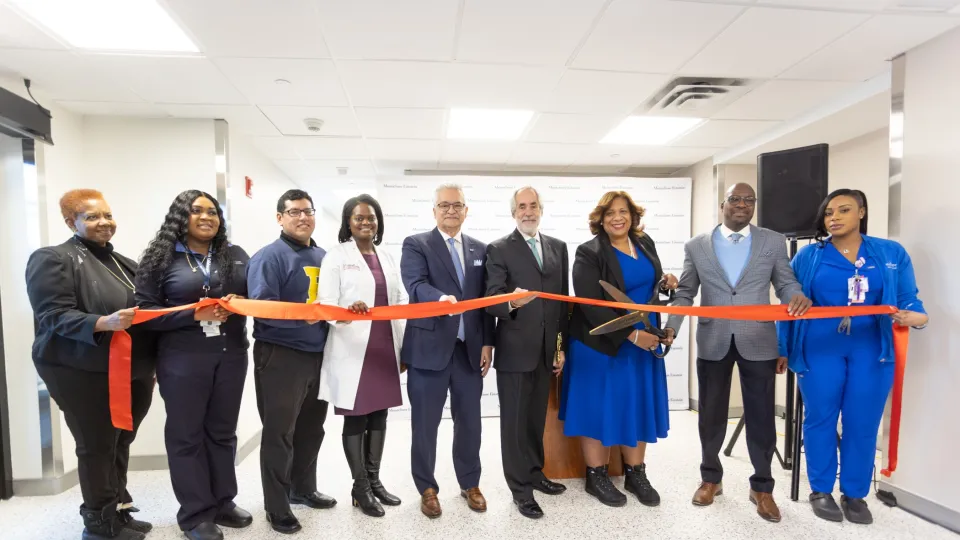News Brief
Different Dementia Risk Factors for Different Countries
September 16, 2024

Slow walking speed and complaining about one’s memory and thinking characterize the pre-dementia condition known as Motoric Cognitive Risk syndrome (MCR). Testing older adults for MCR is a simple and cost-effective screening tool to identify those at risk for developing dementia. Specific risk factors associated with MCR can differ by country and socioeconomic status.
In a study published online on June 14 in the Journal of the American Geriatrics Society, Oshadi Jayakody, Ph.D., Joe Verghese, M.B.B.S., M.S., and colleagues, wanted to identify and compare factors that contribute to MCR in both high-income and middle-income countries. The researchers analyzed data from eight studies involving 20,036 adults aged 65 and older in 21 countries. Depressive symptoms and poor grip strength were risk factors universally linked to MCR. When participants were grouped by income, several risk factors including low education, poor sleep and cardiovascular risk factors were associated with MCR in high- and middle-income countries. Some other risk factors such as obesity and physical inactivity were specific to high-income countries. The findings will help in selecting the public health approaches and interventions that are best suited for forestalling the onset of dementia in high and middle-income countries.
Dr. Verghese is professor and director of the division of cognitive and motor aging in the Saul R. Korey Department of Neurology, the Judith and Burton P. Resnick Chair in Alzheimer’s Disease Research, the Murray D. Gross Memorial Faculty Scholar in Gerontology, and director of the Jack and Pearl Resnick Gerontology Center at Einstein and director of the Montefiore Einstein Center for the Aging Brain. Dr. Jayakody is a postdoctoral student in Einstein’s department of medicine.


